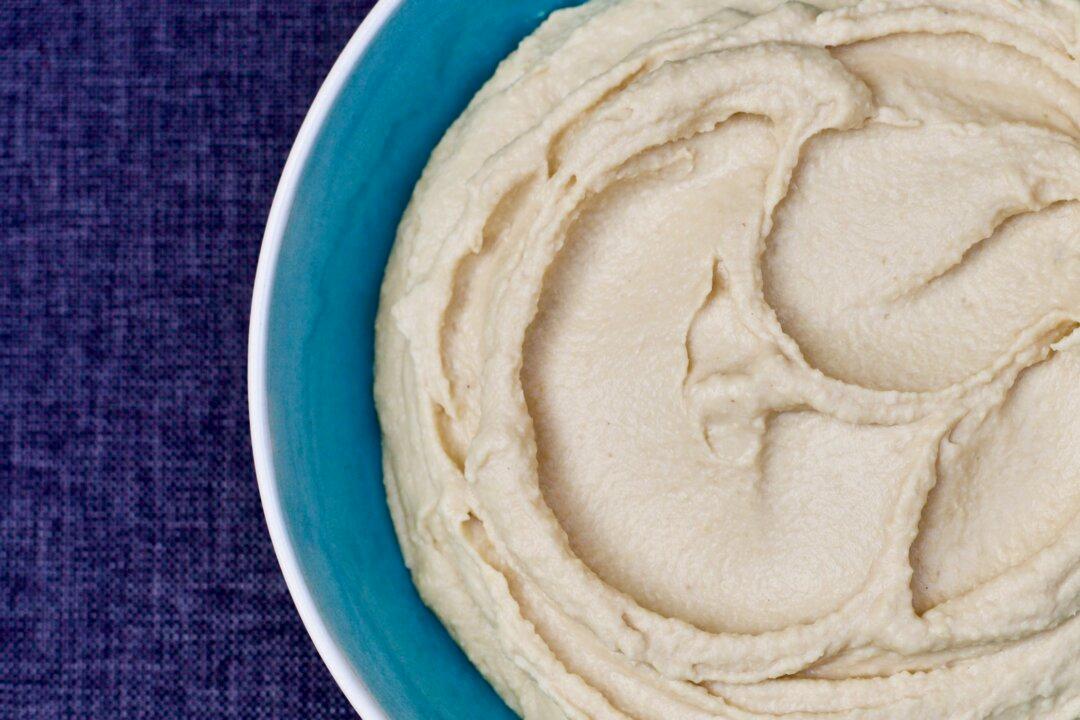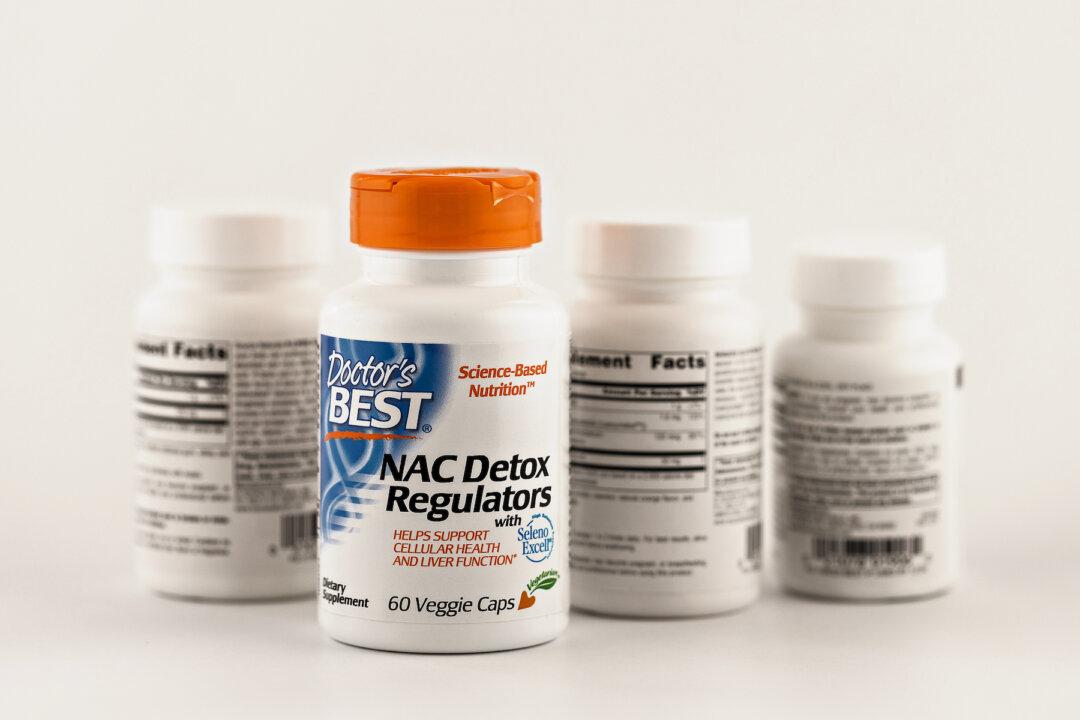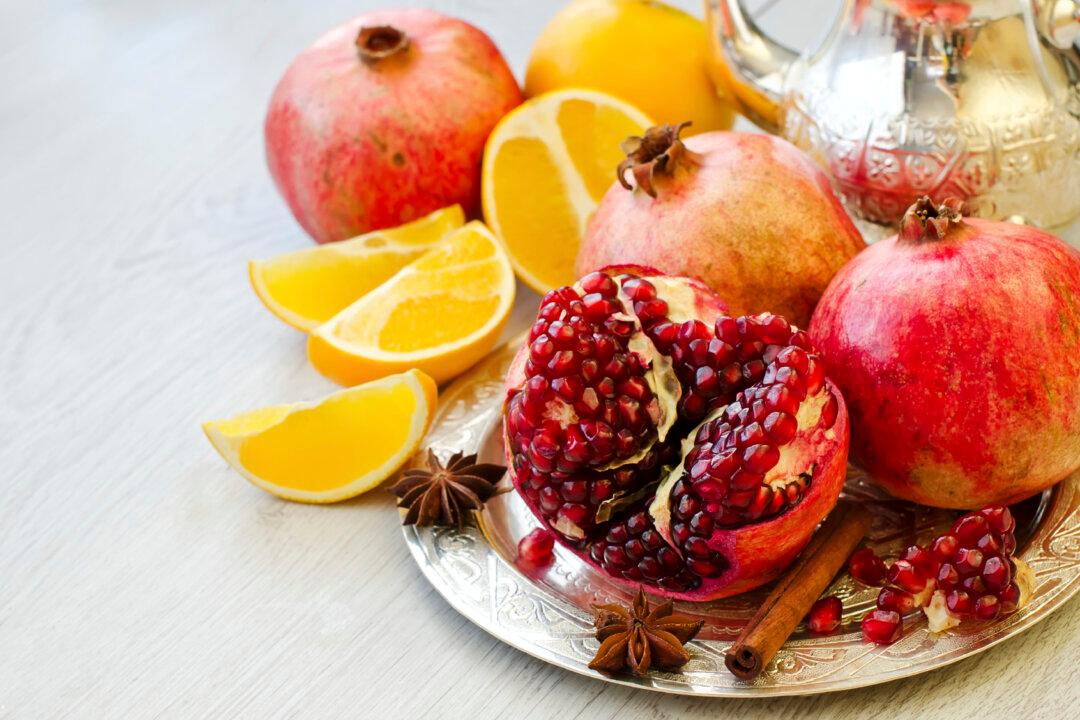Iron in Foods
If you are looking to improve your iron status through diet, here are the best sources from foods (5-18 mg/100 g food): liver, prune juice, kidney, heart, molasses, pork, beef, sunflower seeds, kidney beans, pinto beans, oyster, clam, lima beans, lentils, navy beans, sesame seeds, tahini, chickpeas, hummus, lamb, egg yolk, rice polishings, rice bran, millet, parsley, Jerusalem artichoke, buckwheat.Less concentrated iron food sources (1-5 mg/100 g food): walnuts, mustard greens, soy milk, almonds, cashews, chicken, turkey, shrimp, tuna, mackerel, veal, wheat germ, sardines, dandelion greens, butternut squash, dates, prunes, tomato juice, split peas, liverwurst, tortillas, peas, brewer’s yeast, raisins, Brussels sprouts, kale, collards, spinach, apricots, peaches, turnip greens, beet tops, whole grain cereals, lentils, kelp, tofu, tempeh, whey powder, watercress, elderberries, endive, cucumbers, chestnuts, chard, barley, Brazil nuts, broccoli, cauliflower, garlic, persimmons, brown rice.





